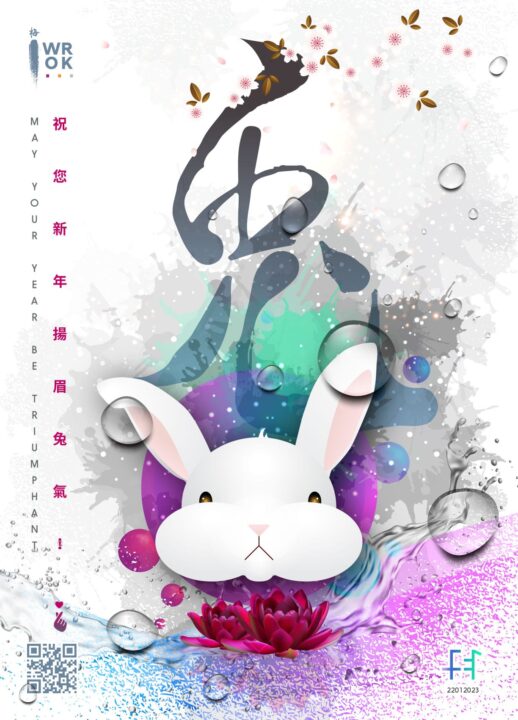即 jí
verb | adverb
: promptly, quickly, immediately, at once
: namely; that is; i.e.
: at present
: even if
: prompted (by the occasion)
: to approach; to come into contact; to draw near
: to assume (office)
Kun Reading
即く OR 就く | つく tsuku
godan verb with ku ending
: to ascend (the throne); to accede
即ける | つける tsukeru
ichidan verb | transitive verb
: to install (a king, emperor, etc.)
即ち | すなわち sunawachi
adverb | conjunction
: that is; namely; i.e.
即する | そくする sokusuru
suru verb – special class | intransitive verb
: to conform to; to agree with; to be adapted to; to be based on
On Reading
即 | そく soku
adverb
: instantly; immediately; at once
: (Interjection) that is (to say); namely
照 zhào
verb | preposition | adverb
: according to; in accordance with
: to shine; to illuminate
: to reflect; to look at (one’s reflection)
: to take (a photo); photo
: as requested; as before
Kun Reading
照る | てる teru
godan verb with ru ending | intransitive verb
: to shine
: to look slightly upward (of a noh mask; indicating joy, etc.)
照り | てり teri
noun
: sunshine; dry weather; luster; lustre
照らす | てらす terasu
godan verb with su ending | transitive verb
: to shine on; to illuminate
照れる | てれる tereru
ichidan verb | intransitive verb
: to be shy; to be bashful; to feel awkward; to feel embarrassed
On Reading
ショウ shou
留 líu
verb
: to keep; to stay; to ask someone to stay
: to leave behind
Kun Reading
留め | とめ tome
noun | suffix
: (a) stop (e.g. in a timber joint, or at the end of a kanji stroke)
: remaining (e.g. poste-restante)
: forty-five degree angle
留め | とどめ todome
noun
: finishing blow; clincher
留る OR 留まる OR 止まる | とまる tomaru
godan verb with ru ending | intransitive verb
: to stop (moving); to come to a stop
: to stop (doing, working, being supplied); to come to a halt; to cease; to be stopped; to be suspended
: to alight; to perch on
留り OR 留まり | どまり domari
noun | suffix
: stopping at; going no further than
留める OR 止める | とめる tomeru
ichidan verb | transitive verb
: to stop (something or someone); to turn off
: to concentrate on; to pay attention to
: to remember; to bear in mind
: to fix into place
: to park; to leave somewhere for a time
留める | とどめる todomeru
ichidan verb | transitive verb
: to stop; to stay (e.g. the night); to cease; to put an end to
: to contain; to keep (in position, in place); to limit
: to record (e.g. a fact); to retain
留まる OR 止まる | とどまる todomaru
godan verb with ru ending | intransitive verb
: to remain; to abide; to stay (in the one place)
: to be limited to; to be confined to
On Reading
リュウ ryuu
ル ru
涼 [凉] liáng
adjective
: cool; cold
: the five Liang of the Sixteen Kingdoms, namely: Former Liang 前凉 (314-376), Later Liang 后凉 (386-403), Northern Liang 北凉 (398-439), Southern Liang 南凉 (397-414), Western Liang 西凉 (400-421)
涼 [凉] liàng
verb
: to let something cool down OR become cool
Kun Reading
涼む | すずむ suzumu
godan verb with mu ending | intransitive verb
: to cool oneself; to cool off; to enjoy evening cool
涼み | すずみ suzumi
noun
: cooling oneself; enjoying the cool air
涼しい | すずしい suzushii
adjective
: cool; refreshing
: clear (e.g. eyes); bright
: clear; distinct
: composed (facial expression); unruffled; unconcerned
: (Archaism) pure; upright; innocent
涼しさ | すずしさ suzushisa
noun
: coolness
涼やか | すずやか suzuyaka
na-adjective
: refreshing; clear
凉 | すず suzu
: Suzu (female given name)
On Reading
リョウ ryou
湧 [涌] yǒng
verb
: to bubble up; to rush forth; well up; rise
涌 yǒng
variant of 湧
涌 chōng
: (used in place names)
Kun Reading
湧く OR 涌き | わく waku
godan verb with ku ending | intransitive verb
: to well (up); to gush forth (of water); to spring out; to surge
: to appear (esp. suddenly) (sweat, tears, etc.)
: to feel emotions form (joy, bravery, etc.)
: to hatch (esp. of parasitic insects, etc.)
湧き OR 涌く | わき waki
noun
: welling (up); gushing forth (of water); springing out; surging
: appearing (esp. suddenly)
: frothing of water (due to an advancing school of fish)
On Reading
ユウ yuu
ヨウ you
ユ yu
考 kǎo
verb
: to test; to examine
: to check; to verify
: to take an exam; to take an entrance exam for
: deceased father
考え | かんがえ kangae
adverbial noun
: thinking; thought; ideas; intention
考える | かんがえる kangaeru
ichidan verb | transitive verb
: to consider; to think about
考 | こう kou
noun
: thought
: (Noun suffix) report on one’s investigation into …
: deceased father
凡 fán
conjunction
: ordinary; commonplace; mundane
: temporal
: of the material world (as opposed to supernatural or immortal levels)
: every; all; whatever
: altogether
: gist; outline
: note of Chinese musical scale
凡て OR 全て | すべて subete
no-adjective | adverbial noun | noun
: all; the whole; entirely; in general; wholly; overall
凡そ | およそ oyoso
adverb | noun
: about; roughly; as a rule; approximately
凡 | おおよそ ooyoso
adverb | noun
: about; roughly; as a rule; approximately
凡 | ぼん bon OR はん han
na-adjective | noun
: mediocrity



